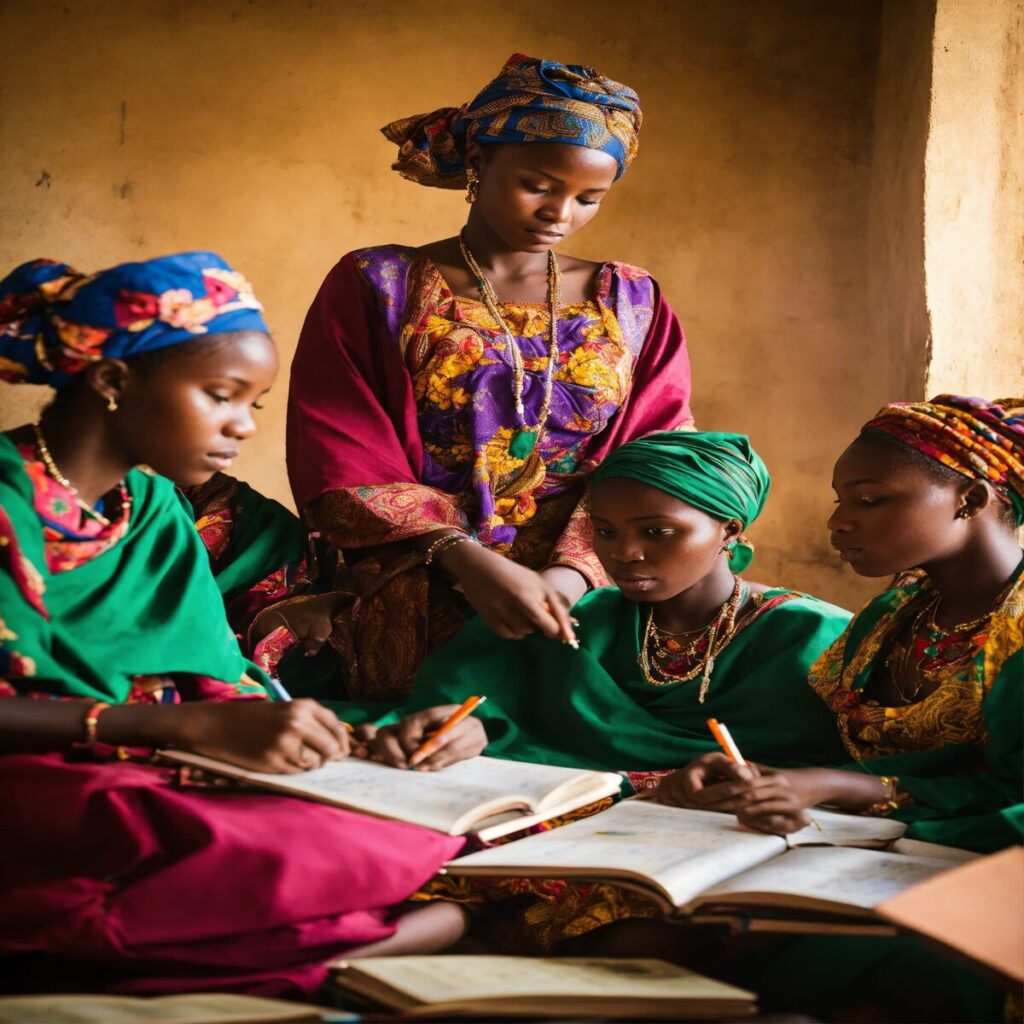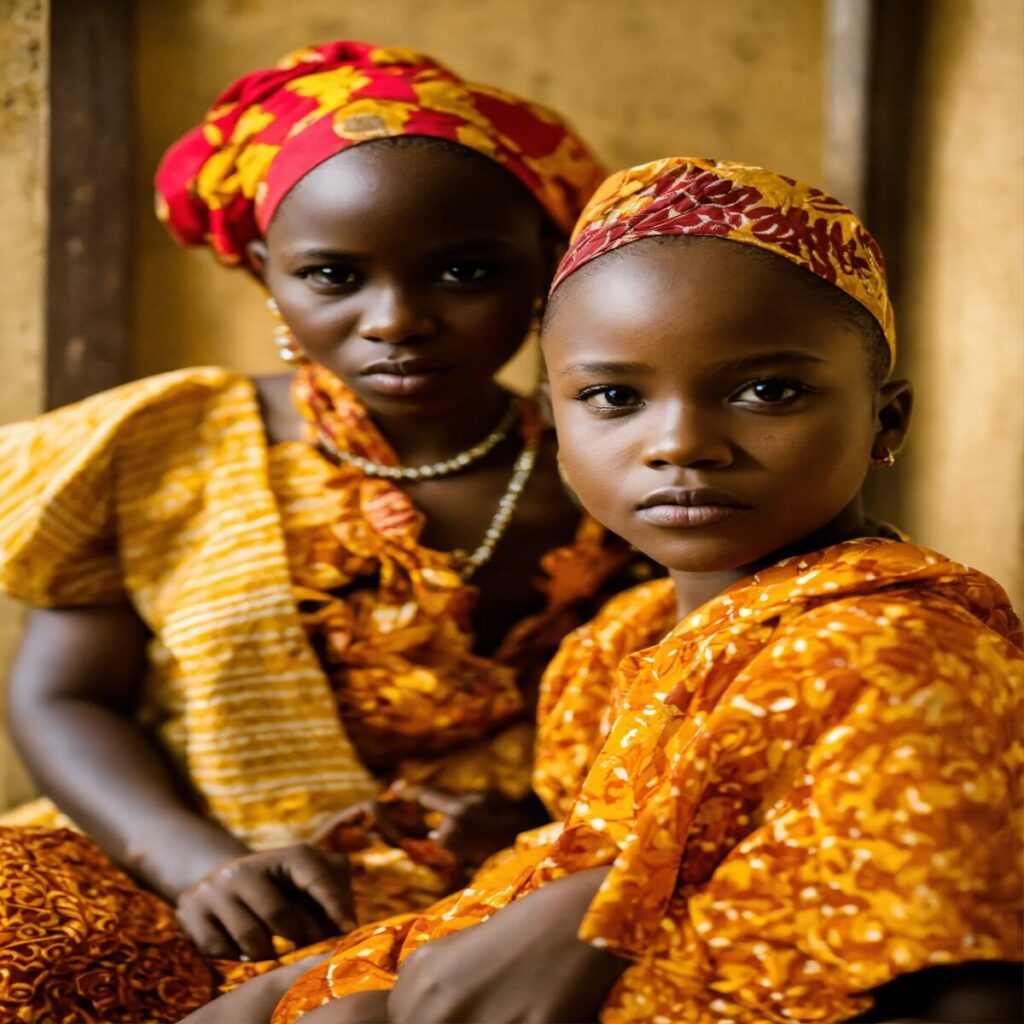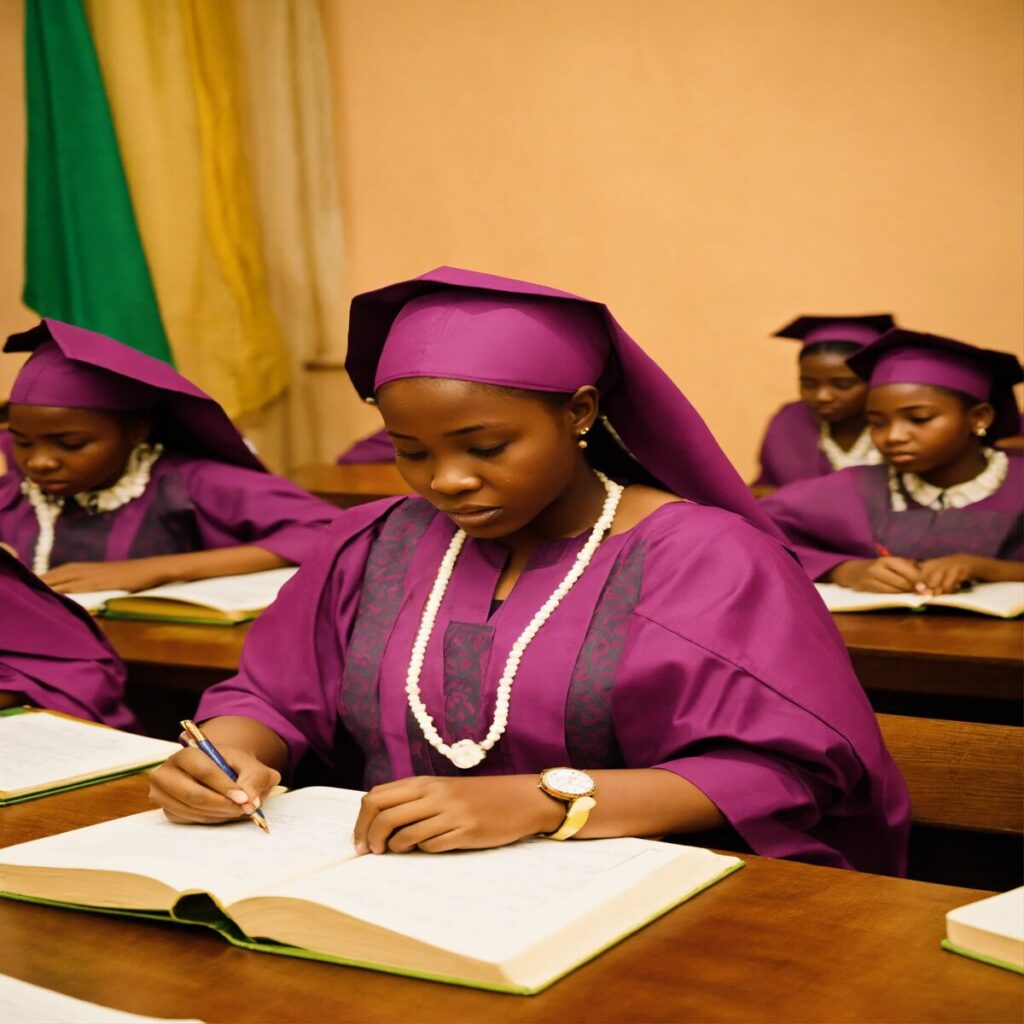
Global efforts are being pushed toward the achievement of the goal of Universal Basic Education (UBE) in Nigeria.
Women’s education is one of the critical issues in northern Nigeria.
According to the Nigeria Demographic and Health Survey (2013) while observing the National average, a survey which reflected that 40.4% females as against 29.5% males have never attended school (NPC/RTI, 2014).
The figures for females are greater in northern states than in the south. In north-east and north-west about two-thirds of females never attended school compared to about one-eighth of females in south-west and south-south.
It was reported by UNESCO in 2014 that 70% of young women between the age of 15–24 in the North West have not completed primary school. Age is never a bearer to Education.
Women’s Role with the Rise of Education
Women’s roles in Nigeria have experienced changes over the years especially during the pre- colonial, colonial and currently in the post-colonial era.
Their roles cut across both the private and public domain, women play major roles as reproducers and controllers of their reproductive functions, decision makers in the home,role models and mentors to their children, as well as employees and employers of labour in Nigeria (Kangiwa,2015,p. 754)
Notwithstanding the roles mention above which women play in developing their nation, the government is yet to pay adequate attention to it and give them the necessary support (Iyela, 1998, p. 222)

